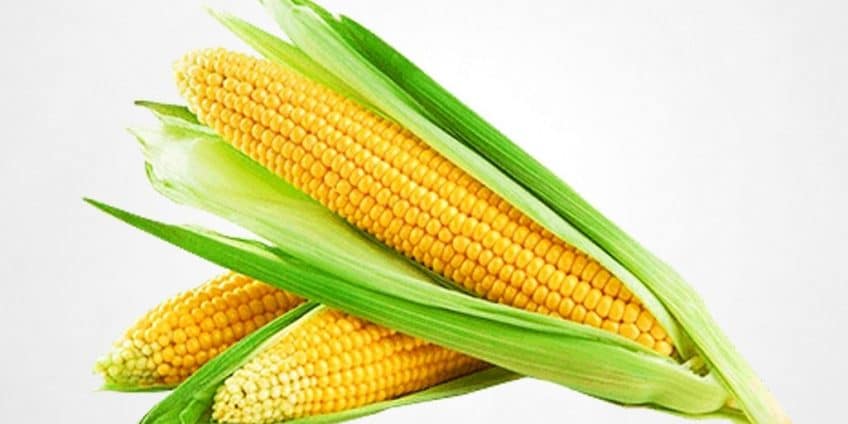Scroll to Recipes with Corn / मकई as ingredient
Corn is a starchy vegetable eaten by humans for centuries. It’s rich in fiber, vitamins, and minerals. Not only vegetables, but it is also a widely popular cereal grain as well. Along with being famous, it’s a significant food in distinct cultures across the world.
Although the health benefits of them are subjective people, consume it as sweet corn or popcorn. A step further, one can process it into chips, oil, and syrup.
Major Application
Corn is both a veggie and a cereal grain. The sweet corn that we eat is a vegetable in the kitchen realm. Whereas, dry corn seeds used to make salted or flavored popcorn is a whole grain.
Maize is what we refer to as corn. Originated from Central America, this cereal grain is harvested worldwide in different varieties. It is generally available in yellow color, and other colors like – white, red, purple, and blue are a few to name.
Undoubtedly, they are a famous whole grain consumed across the globe. It’s not only we humans love them, but even animals do. It is majorly used to produce fuel and animal feed.
Out of the total corn produced worldwide, about 60% is used to feed animals. Now that’s a pretty huge number.
Commonly Known as
| Language | Name | Written as |
|---|---|---|
| Arabic | hubub dhara | حبوب ذرة |
| Bengali | Bhūṭṭā | ভূট্টা |
| Gujarati | Makā’ī | મકાઈ |
| Kannada | Jōḷa | ಜೋಳ |
| Malayalam | cēāḷaṁ | ചോളം |
| Hindi | makkai | मकई |
| Punjabi | Maka’ī | ਮਕਈ |
| Tamil | Cōḷam | சோளம் |
| Telugu | Mokkajonna | మొక్కజొన్న |
| Urdu | Makkai | مکئی |
Nutritional Profile of Corn
Nutritional profile per 100 gms
- Calories: 365
- Protein: 9.4g
- Carbohydrate: 74.3g
- Fiber: 7.3g
- Fat: 4.7g
- Sodium: 35mg
- Potassium: 287mg
Source: USDA & Google
Benefits
Good For Growth
They have thiamine that helps with improving nerve health and cognitive functions. It is also high in vitamin B constituents, thiamine, and niacin, useful for facilitating growth.
Prevents Cancer
It is a good source of vital antioxidants as they eliminate the free radicals in your system. By preventing the buildup of free radicals, it also prevents many chronic diseases and ensures heart health.
Prevents Anemia
Iron is essential for the growth of red blood cells/hemoglobin in your body. It is rich in iron, and hence it is excellent for preventing anemia.
Suitable For Eyesight And Skin Care
They are rich in Vitamin A, which is essential for better eyesight. It also has beta-carotene that has high amounts of antioxidants, which can prevent cancers and heart disease.
Helps With Diabetes
Diabetes is a disease that one can’t cure but control. Corn contains many phytochemicals, and because of that, you can regulate the insulin present in your blood. It results in controlled sugar in your blood.
Side Effects
Corns are full of fatty acids. So the people who are suffering from heart-related diseases should avoid food cooked in corn oil. Also, one should avoid corn syrup. It is even worse than sugar syrup, as it can make you obese. Corn syrup can also negatively impact the levels of sugar in your blood.
Frequently Asked Questions
Is corn a vegetable?
Whole corn is a vegetable. The kernel is considered a grain.
Are they bad for you?
They are overall very healthy and beneficial for your body. However, it may prevent weight loss.
Can you gain weight if you eat them?
It does help people who want to gain weight.
Is Corn hard to digest?
Cellulose is an insoluble fiber that the body can’t digest. Corn is high in cellulose, so it may be hard to digest.

